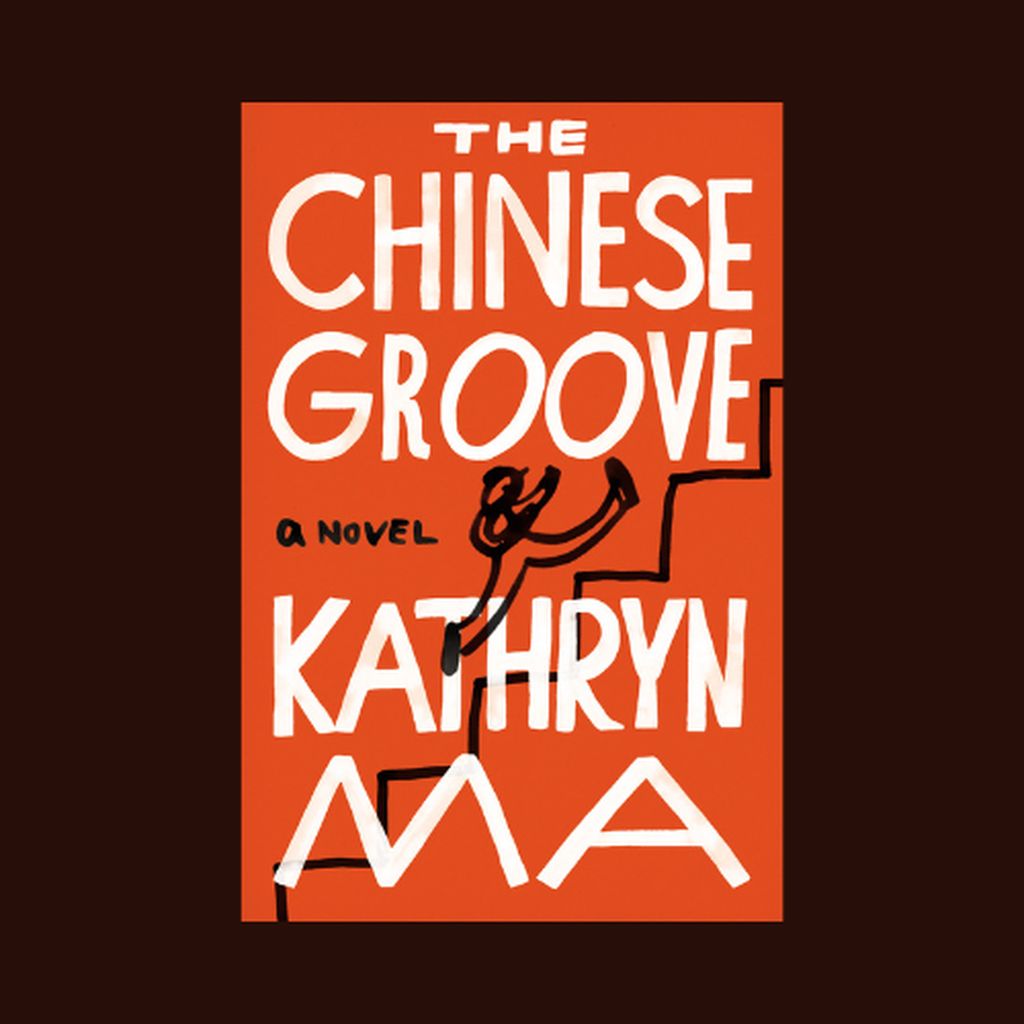Shelley narrates with the loose, contemporary jargon of a quick learn, a hustler, and a survivor. And Ma puts in writing something that has gnawed at me for years while reading fiction:
Ted handed a menu to Kate. “You choose for us.”
Kate protested, they should choose together, but the others insisted that Kate take charge. She spoke to the waiter, and I was impressed because her Cantonese wasn’t half bad. She told me that she’d learned to speak it from her grandparents who’d emigrated from Toisan. For me, it was a side dish language—nice to sample but not the main meat. Kate was Chinese. I forgot to earlier mention. She was ABC, born in Los Angeles to second-generation Chinese American parents who’d grown up in Chinatown. I’m sorry if I confused you. Take all the time you need to make the necessary adjustment. Believe me when I say that I didn’t neglect to tell you out of teasing or spite. When someone is telling me a story, I naturally assume that the people in it are the same race as I am, for isn’t it human nature to imagine the story and picture like kind? Please forgive my clumsiness, also my starting and stopping. I’m not like Father, who used to tell his stories as smoothly as oil spreads in a pan, though Father wasn’t burdened with making these fine distinctions because everyone he described was a countryman start to finish. It’s awkward to have to stop and pinpoint: this person is such-and-such, that person is fill-in-the-blank, but that’s the world we live in. You can’t avoid labels. By the way, Orit was white and, like Aviva, Jewish. You might’ve guessed from her name. Orit Hazan, Kate Choy, Leo Choy Hazan. Jews, I noted, sometimes held themselves apart. They knew what it was like to be treated as different. Orit grew up in Israel, which was another thing altogether. Have I left anyone out? Ted was Christian, I think. He didn’t go to church, but his mother had. Leo was mixed-race; Orit was his mother and younger than Kate. His father was Chinese—an unknown Chinese stranger. Imagine the auntie discussion that fact would’ve provoked! In Orit’s work, Talmudic.
—The Chinese Groove, by Kathryn Ma, Counterpoint Press
This idea has come to mind repeatedly over time, in various mentions of a minor character’s Asianness, for no obvious reason than to “flavor” a scene with a note of the exotic, or foreign, or hip/bohemian, or impenetrability. This, while few other (except Black) characters’ ethnicity are mentioned, presuming whiteness on the part of the reader.
And I get it. Asians make up only a small percentage of Americans, and we’re not long past a time when there were laws against Asians entering the country. So I realize it’s not overt racism, but a kind of structural racism that still casts Asians as Others, even if we were born and raised in the US. If you have grown up Asian in a white majority community, you are no doubt familiar with the question, “But where are you really from?,” many times over—which got a British royal into muy hot water recently, eliciting her resignation from official duties. I thought, really? I can’t even tell you how many times I’ve been asked that in my life after at first answering Connecticut. You learn to roll with it after being embarassed for both yourself and the asker. But it’s not meant to be racist, it's just curiosity and ignorance.
With so much awareness now on identity and DEI, I think it’s getting better. Just that Ma included this passage means a ton, particularly in the meandering way she takes a beat, breaks the fourth wall, so to speak, and muses aloud what she and many Asians have thought while reading fiction. She also takes it to a hilariously thorough level, underscoring how ludicrous a conceit it is.
A big round of applause for Ma, and also for The Chinese Groove on the whole. It muses on how divergent cultures and antagonistic family members can find common ground in this zany country.

No comments:
Post a Comment